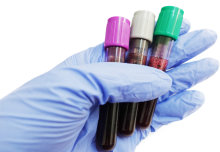

HIV TRIAL UPDATE
Community-wide HIV testing shown to be cost-effective
Community-wide HIV testing and prompt initiation of treatment could lead to substantial reductions in new HIV cases and be cost-effective.



Community-wide HIV testing shown to be cost-effective
Community-wide HIV testing and prompt initiation of treatment could lead to substantial reductions in new HIV cases and be cost-effective.


Salt rules linked to 9900 cases of cardiovascular disease and 1500 cancer cases
A relaxation of UK food industry regulation has been linked with 9,900 additional cases of cardiovascular disease, and 1,500 cases of stomach cancer.
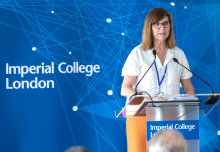

Emerging tech solutions to global AMR threat take centre stage at White City
Summit explores the role of emerging tech developments in optimising the use of antimicrobials, combatting AMR and supporting infection management.
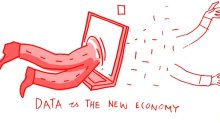

In pictures: How the technology of 2039 could reshape human needs
Academics explored how the technology of the future could reshape our physical and emotional needs last month at Tech Foresight 2039.


Higher iron levels may boost heart health – but also increase risk of stroke
Scientists have helped unravel the protective – and potentially harmful – effect of iron in the body.
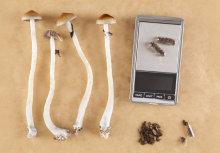

Science of microdosing psychedelics 'remains patchy and anecdotal', says review
The practice of taking small, regular doses of psychedelic drugs to enhance mood, creativity, or productivity lacks robust scientific evidence.
 1
1
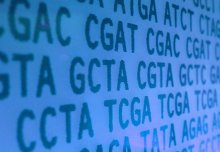

DNA folding and quantum imaging: News from the College
Here’s a batch of fresh news and announcements from across Imperial.
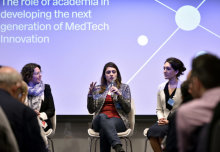

Support for early career researchers to commercialise medical technologies
MedTech SuperConnector (MTSC), the startup business accelerator led by Imperial, is recruiting researchers for a technology-led venture programme.


Parliamentarians see how Imperial leads AIDS vaccines fight
MPs representing the APPG on Vaccinations for All visited the International AIDS Vaccine Initiative (IAVI) Human Immunology Laboratory (HIL).


Smartphone network helps uncover hundreds of anti-cancer molecules in our food
A crowdsourcing project which uses thousands of idling smartphones has helped to uncover anti-cancer properties of everyday foods and medicines.